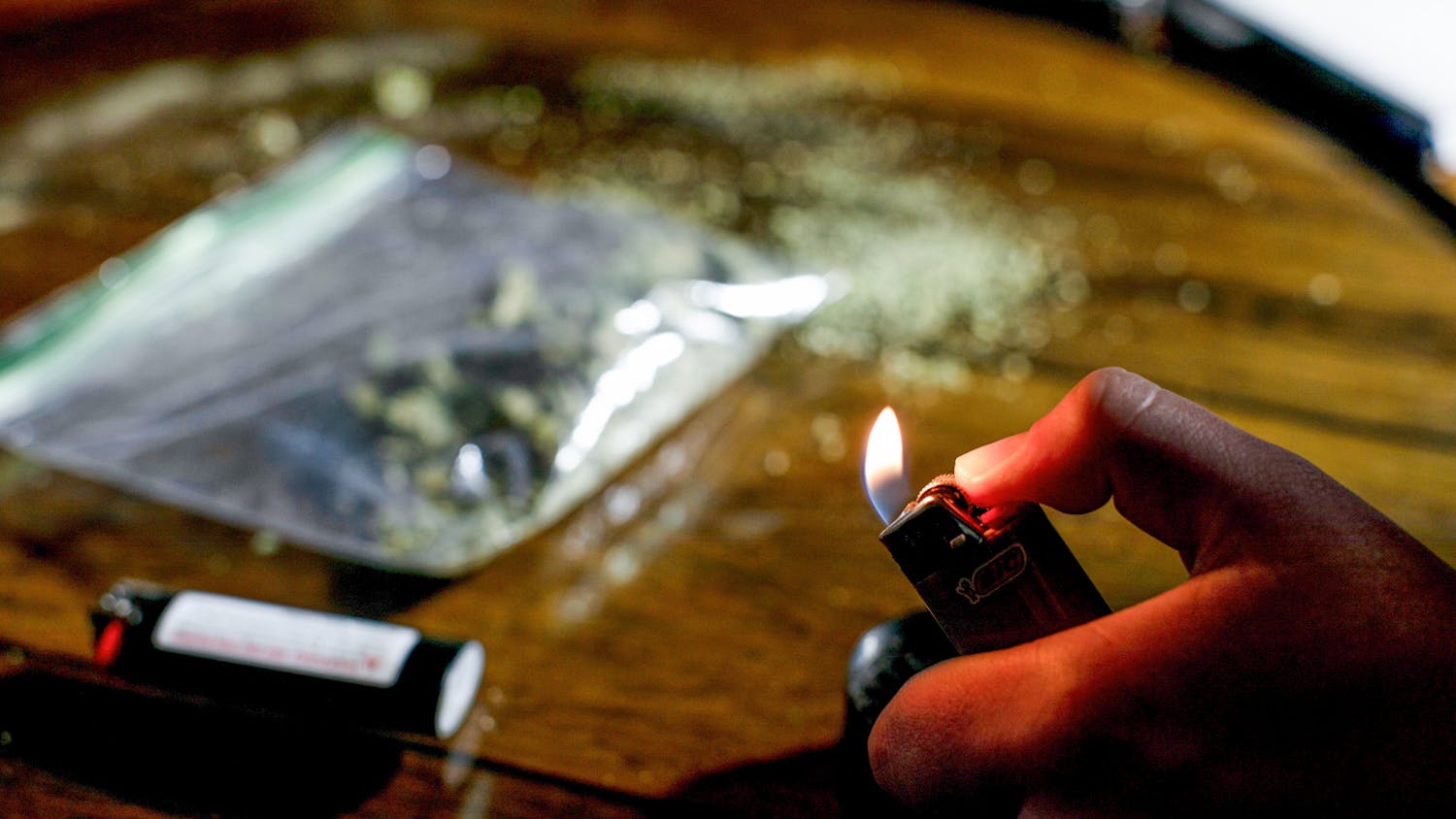Finance reports for political candidates were filed Thursday. Candidates reflect on what works and what doesn’t in raising funds.
What does former Gov. Ted Strickland have in common with a steaming hotdog?
Fall election candidates say both were ways they fundraised and mobilized voters this campaign season.
Local campaign finance reports were due to the Athens County Board of Elections by the end of the business day Thursday. Results show more than $114,000 has been spent since June to entice voters for two contested Athens County races and one Southeast Ohio race.
ATHENS COUNTY AUDITOR
Incumbent Athens County Auditor Republican Jill Thompson:
-Raised almost $21,000 since June
-Spent about $31,675 since June
Thompson’s opponent, current Athens City Auditor Democrat Kathy Hecht:
-Raised about $19,350 since June
-Spent about $11,926 since June
ATHENS COUNTY COMMON PLEAS COURT JUDGE
Incumbent Athens County Common Pleas Court Judge George McCarthy:
-Raised almost $6,350 since June
-Spent $6,450 since June
Challenger Herman Carson, director of the Athens branch of the Ohio Public Defenders Office:
-Raised $8,850 since June
-Spent $7,462 since July
Athens County Common Pleas Court Judge L. Alan Goldsberry, who currently serves in the seat opposite McCarthy, donated $200 to Carson’s campaign.
STATE REPRESENTATIVE FOR THE 94TH DISTRICT
Incumbent representative Debbie Phillips, D-Albany:
-Raised nearly $69,000 in her campaign since June
-Spent a little more than $57,000 since June
Her opponent, Washington County resident Republican Yolan Dennis:
-Raised more than $31,000 since June
-Did not report expenditures in her filing with Ohio Secretary of State Jon Husted’s Office Thursday afternoon
Dennis texted The Post Thursday saying it was her “understanding expenses aren’t due for a couple of weeks.”
ASSESSING THE FUNDRAISING
Democratic Athens County Auditor candidate Kathy Hecht said that money tends to get tight by the time she’s done campaigning.
“I think we did all right considering we started with nothing,” she said.
Hecht’s campaign employed a variety of strategies in order to raise funds, she said. In September, she held a fundraising event featuring Strickland where attendees were asked to donate $50, $200 or $500 to her campaign.
“They don’t raise the most money,” she said. “You don’t get the most bang for your buck.”
Asking for donations over mail is also an option, but it’s expensive.
Her opponent, Thompson, said her fundraising techniques include mailed donation requests and an annual golf outing.
“I’ve received donations from Republicans and Democrats and am thankful to have support in other ways other than just financial,” she said in an email.
But to Hecht, the most effective way to raise funds is also the most simple: go door to door.
“For local elections, I think knocking on doors and meeting people is the thing to do,” she said. “... The people voting for you in a local election usually know you personally already.”
But that’s not always a viable option for some candidates, Phillips maintained.
“What I found as a woman getting involved, it was hard because it’s hard asking people for money,” Phillips said.
She pointed to smaller fundraising events including $10 hot dog picnics in each of the counties she represents as her effective ploys.
Athens County Democratic Party Chair Alan Trout said the state party lets them use their bulk mailing rates and printers, but otherwise doesn’t offer any other financial support.
Republican Party chair Pete Couladis said his party sent out mailing requests asking for people to join their “Century Club,” which includes anyone who has donated $100 or more to the party.
Couladis and Trout both said Ohio University’s student organizations (College Republicans and College Democrats) haven’t made donations to their parties in the past few months.
But support from the county parties is a different story. The county parties often contribute to local campaigns, Couladis said.
Republicans raise money at biannual party dinners within the county, held in the spring and fall.
“You donate to those that have a chance to win,” he said. “You do not donate to sure winners or sure losers.”
A candidate’s message is the most important part of his or her campaign, but resources could make or break it, Couladis said.
“Its just like selling a product,” he said. “Like selling a car or selling soap. You’ve got to catch people’s eyes.”
@WTPERKINS
wp198712@ohio.edu






